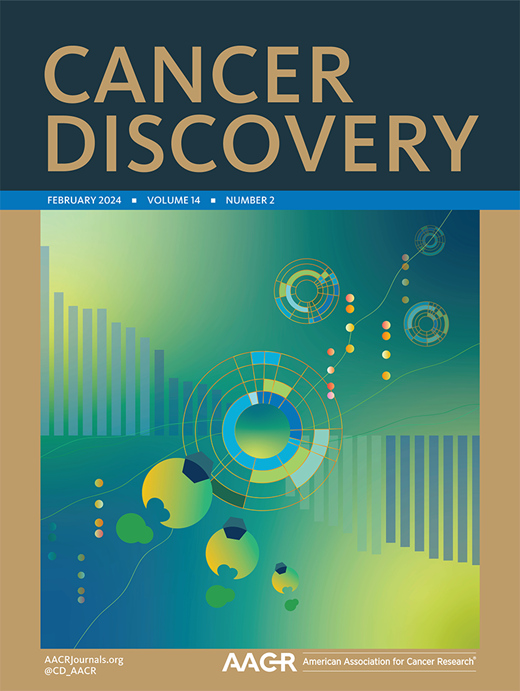Demographic Trends in NCI-Sponsored Early Phase Clinical trials (2000-2023): A Cohort Study.
IF 33.3
1区 医学
Q1 ONCOLOGY
引用次数: 0
Abstract
We analyzed demographic trends among patients enrolled in National Cancer Institute Cancer Therapy Evaluation Program-sponsored early phase clinical trials in 2000-2023. Using a large patient subset (N = 16,609; 15,308 U.S. residents), we assessed enrollment trends via three-year rolling averages and Joinpoint analysis. U.S. residents were matched to Census demographics, rurality, geographic, and poverty data by ZIP code, and Surveillance, Epidemiology, and End Results 2022 cancer incidence rates. Enrollment increased among patients aged 65-74 (24.6% to 32.3%) and 75-84 (6.2% to 12.4%), and Hispanic/Latino (4.5% to 7.7%), Asian/Pacific Islander (2.2% to 4.4%), and non-Hispanic Black patients (6.1% to 7.2%). However, participation remained below cancer incidence rates for Hispanic/Latino and non-Hispanic Black patients, and was negligible among American Indian and Alaska Native populations. Representation improved significantly following the 2014 implementation of the Experimental Therapeutics Clinical trials Network, accompanied by a reduction in the average distance between patients' residences and enrolling institutions.nci赞助的早期临床试验的人口统计学趋势(2000-2023):一项队列研究。
我们分析了2000-2023年参加国家癌症研究所癌症治疗评估项目早期临床试验的患者的人口统计学趋势。使用一个大的患者子集(N = 16,609;15308名美国居民),我们通过三年滚动平均值和Joinpoint分析评估了入学趋势。根据邮政编码、监测、流行病学和最终结果2022年癌症发病率,将美国居民与人口普查、农村、地理和贫困数据相匹配。65-74岁(24.6%至32.3%)和75-84岁(6.2%至12.4%)、西班牙裔/拉丁裔(4.5%至7.7%)、亚洲/太平洋岛民(2.2%至4.4%)和非西班牙裔黑人(6.1%至7.2%)患者的入组率均有所增加。然而,该研究的参与率仍然低于西班牙裔/拉丁裔和非西班牙裔黑人患者的癌症发病率,并且在美国印第安人和阿拉斯加土著人口中可以忽略不计。2014年实施实验治疗临床试验网络后,代表性显著提高,同时患者住所和注册机构之间的平均距离也缩短了。
本文章由计算机程序翻译,如有差异,请以英文原文为准。
求助全文
约1分钟内获得全文
求助全文
来源期刊

Cancer discovery
ONCOLOGY-
CiteScore
22.90
自引率
1.40%
发文量
838
审稿时长
6-12 weeks
期刊介绍:
Cancer Discovery publishes high-impact, peer-reviewed articles detailing significant advances in both research and clinical trials. Serving as a premier cancer information resource, the journal also features Review Articles, Perspectives, Commentaries, News stories, and Research Watch summaries to keep readers abreast of the latest findings in the field. Covering a wide range of topics, from laboratory research to clinical trials and epidemiologic studies, Cancer Discovery spans the entire spectrum of cancer research and medicine.
 求助内容:
求助内容: 应助结果提醒方式:
应助结果提醒方式:


